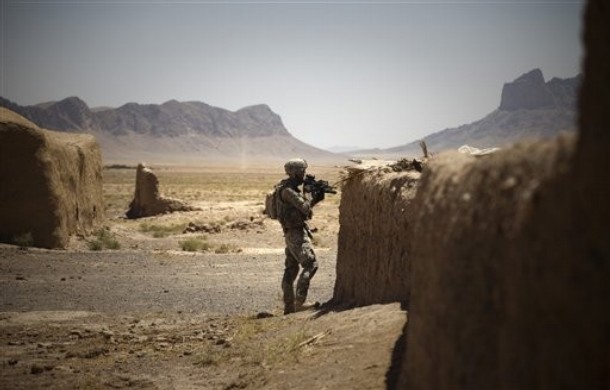Is Al Qaeda Passe?

You would think, given their irrelevance in much of the debate over U.S. strategy in Afghanistan. Here's Aaron MacLean:
In one future, the United States and NATO are beginning to draw down troops from the levels they reached in 2010. That was a bloody year, as were the two that followed it, but the level of violence has been dropping steadily since then as the sense of order and stability improves. As happened in Iraq, Coalition forces have come to be respected as the best guarantor of stability and security in most of the country. In some regions this is because the legitimacy of the Afghan government is fully accepted, and in others it is due to bilateral arrangements made by Coalition troops with local tribes. Terrorist attacks are still a regular occurrence, and a low level of cross border violence from Pakistan-based militants--who are harassed but not significantly hampered by the government in Islamabad--seems to be irreducible. But in general the widespread violence which spiked in the later part of the last decade is fading into memory, and the "safe-havens" within Afghanistan where the Taliban and al Qaeda could trade poppy, train, and operate, are eliminated. There are still such places in Pakistan, but our robust presence along the Afghan border gives us options for dealing with them, and leverage over the Pakistani government.
When you read the full post, you realize that this is the preferred outcome. Notice what this scenario does not produce: security against international jihadism. Indeed, it already concedes the existence of training camps in Pakistan (where al Qaeda is now). So, we will expend enormous amounts of resources and lives and labor to bring forth a slightly-less-disasterous Afghanistan while doing little of substance to the international jihadist movement. And that's victory.
(AP Photos)
Comment



